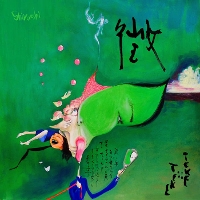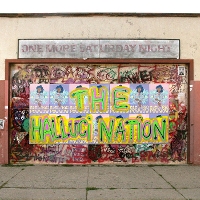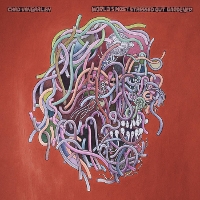Esser Will Dazzle You With Pop Perfection-and Bum a Cigarette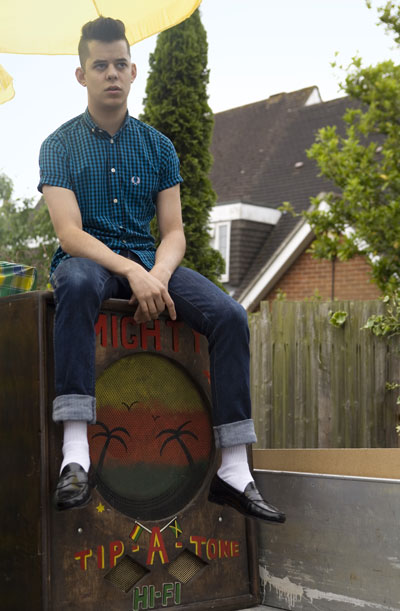 Ben Esser is not afraid to defy people's expectations Just Don't Ask Him to Do Any Covers (for a While) The security guys escorts us from the club. Esser is fresh from the stage and jonesing for some nicotine. Ben Esser is the lead—often simply called Esser—he scopes the mob of drunk suburban kids outside. He is freshly buzzed from slaying an ambivalent crowd. Most of these kids came to see headliners Datarock. At first, the audience was confused to see a guy their age belting out catchy—almost cute—pop songs—instead of a gang men in red track suits with synthesizers. Esser insists on remaining outside to enjoy his cigarette while drunk guys and girls blast melodramatic accusations at each other—as only the drunk can do. You might expect Esser to be the stereotypical cocky UK rocker, but no, he is quite introspective, sharp, and almost shy. As he settles on the cement to puff, he is quite at home in the mob of teens in ripped jeans. No one seems to recognize him from the stage, or even care when I whip out my recorder. Scott: Your record is called Braveface. When was the last time you had to use one? Esser: Just now, actually, to get this cigarette. I had to smile at some girls and try and use an English accent—and that didn't work so I got it off some guys instead. You were telling me earlier how beautiful women in Vancouver are.  A lot of people force themselves to listen to music they think is intelligent cuz they wanna be intelligent themselves. I'm not ashamed to enjoy really good pop choruses.
A lot of people force themselves to listen to music they think is intelligent cuz they wanna be intelligent themselves. I'm not ashamed to enjoy really good pop choruses. Well… they are very scantily clad, which is nice. That gal over there you can literally see everything, which is interesting. There is not much left to the imagination, but… we'll see what happens. [He is not taking his eyes off her.] You have two songs on the album that seem to be about women in control, “Headlock” and “Satisfied.” Can you tell me more about those situations? Well “Headlock”'s not really about a relationship. I tend to use “she” as like an idea for something like a place. “Headlock”'s more about getting out of a place that you don't want to be in. That particular song is about a town. I grew in a particularly small town and it was quite boring. And “Satisfied” is more about several relationships, not just one girl. I was trying to write a song in the tradition of pop music. Your sound is so unabashedly pop. Why go for a straightforward pop sound? Well, a lot of people think the pop thing is maybe stupid and kind of simple. And that to me was why I started making this music. I wanted people to understand my music and I wanted it to be simple and I wanted people to relate to it. I think it doesn't have to be stupid for people to understand. The first song I wrote on this album was “I love you.” It has a line in it “Still, love is no excuse for bad art.” That was me wanting to make really concise pop music that people could relate to. And that was the blueprint for the album and that's where it all came from. 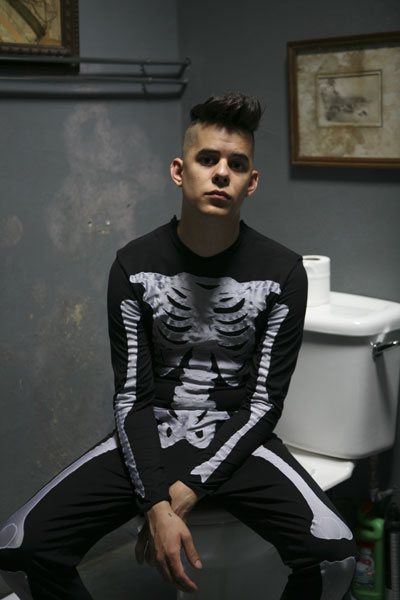 It's pretty rare to find a guy in his early 20s so devoted to pop. I think a lot of people define themselves by the music they make—or the music they listen to. The music they listen to embodies what they stand for. A lot of people force themselves to listen to music they think is intelligent ‘cuz they want to be intelligent themselves. I'm not ashamed to enjoy really good pop choruses. You were in a cover band before this. What did being in a coverband teach you about pop? [He laughs.] It taught me a lot of things. For a long time I had a really bad taste for 60s pop music and stuff. Because it was around me—and being played badly. It's a very old British tradition to play in coverbands. A lot of bands that came out in the 60s that was their ground for starting, do you know what I mean? They went around and played holiday camps. That's where you play to that demographic, to people that are just normal British people, you know? Were there ever any surprises? How do you mean? Did you ever play a track, like an old gem, you thought no one would know and the crowd went nuts? Well that's the thing—it's not very surprising. I read that you are a big Joe Meek fan and that you want to emulate his music and its “dark and sinister” qualities. I don't see that in your music. NOTE: Joe Meeks was a pioneering UK music producer from the 60s, best known for The Tornados hit “Telstar” (1962). Well, a song like “Braveface” is about serial killers. [I am not sure if he is joking or not, so I move on.] I read you were going to get a tattoo dedicated to Meek. [Emphatic.] I've got vouchers for it! Yeah, he was a strange cat. I checked him out and he died in a murder suicide. Yes. He killed his landlady and then himself. That whole thing is kind of weird. The rest of it is great. He was really a kind of surreal character. He went to graveyards to try and source sounds and find things. I find him really interesting as a kind of character in pop music. And I don't think there's a lot of interesting characters in pop music. That is the thing that defines pop music. Because a lot of the time it is the same. Chord progressions are the same. Lyrics are slightly mixed about. It's the personalities that define that. There is a great quote of yours that “it takes three albums for a band to really produce its best material.” You are on your first album! This first record, musically it's things I grew up listening to—the music of my youth. It's a long process to making a first record—from the time of writing the songs, to the time of getting a record deal, to getting in the studio, and learning how those things work—and learning what you are comfortable with doing. The new stuff I am writing is very different. And the next album after that will be different again. This first record, it's about me making a record in my bedroom in little Essex. Since I've gone on tour with this record, it's gone far beyond the place it was made in, you know? A lot of bands don't get a chance to make a second record. But I am really excited for what's coming up. This next record I am going make is being defined by the things around me now, so it's going be very different. It's crazy growing up in a small town—in the middle of nowhere—and then seeing many different things. It's been great being in the States—and Canada—and seeing it all. And then seeing so many different things. Tune in to the interview show with host Scott Wood for more interviews with your favorite indie acts. Find us at www.cjsf.ca (Vancouver, BC, Mondays @4:30pm), www.radiocfxu.ca (Antigonish, Nova Scotia, Fridays @11pm-12am), www.cfru.ca (Guelph, ON, Tuesdays @3pm) and www.umfm.com (Winnipeg Winnipeg's Hit Free Radio, Tuesdays @8am). You can also listen to and download both new and old shows at www.winniecooper.net.
|
Reviews
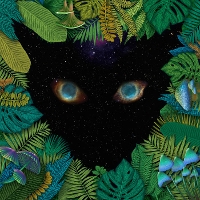
Mngwa
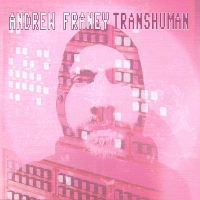
Andrew Franey
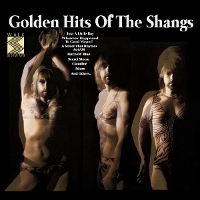
The Shangs

Alex Cuba

Tri Nguyen
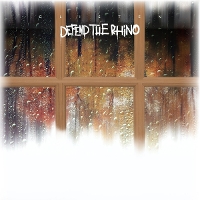
Defend The Rhino

Talltale
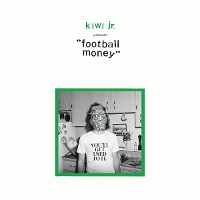
Kiwi Jr.

Plaster

Hyness
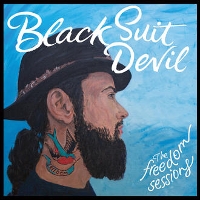
Black Suit Devil

Yamantaka // Sonic Titan
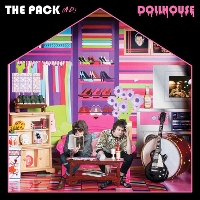
The Pack A.D.
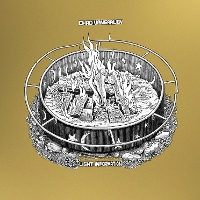
Chad VanGaalen

Potengowski Anna Friederike
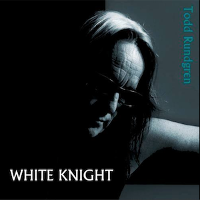
Todd Rundgren

Old 97's
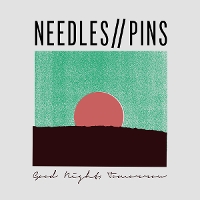
Needles//Pins


